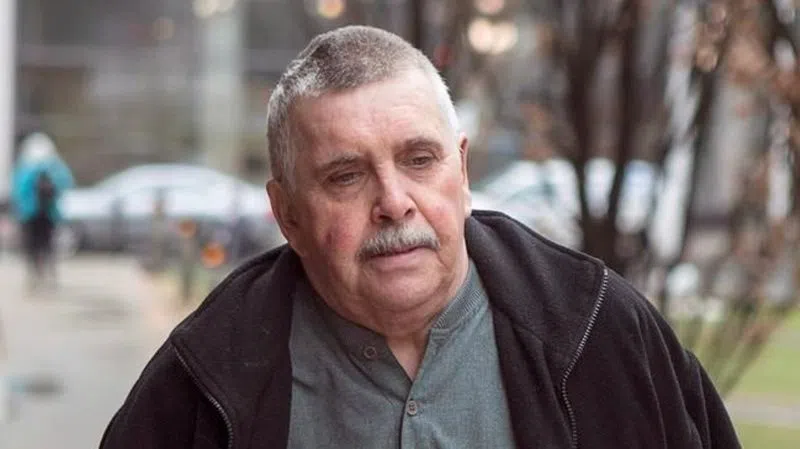
Man convicted of sexually abusing 18 boys over three decades released on parole
The man at the heart of the Maple Leaf Gardens sexual abuse scandal has been released on day parole after officials found he presents a low risk of reoffending.
A document released by the Parole Board of Canada shows Gordon Stuckless was released to a halfway house in December for a period of up to six months, on condition that he follow a number of rules.
Those rules include avoiding male children under 18 and disclosing any relationships with adults who have male children, as well as following a treatment plan that includes chemical castration.
“There is no reliable or persuasive information to suggest that you committed any offences since 1995 and this is a significant factor in the board’s assessment of your risk today,” the parole board panel wrote in its decision.


